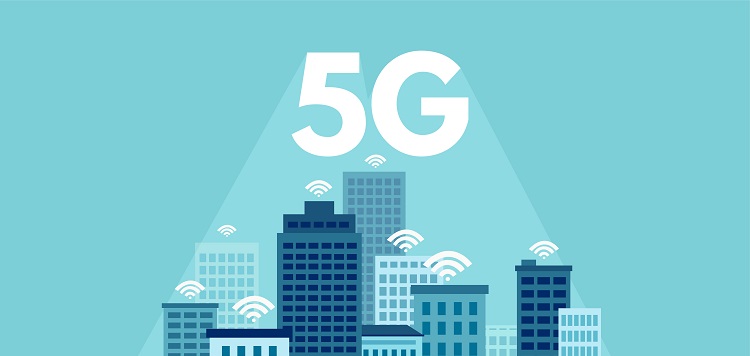The world has become increasingly connected, thanks to advancements in technology. With each generation of mobile network technology, we have been able to do more and achieve more. The fifth generation of mobile network technology, known as 5G, is set to revolutionize the way we use technology.
5G is the latest and most advanced mobile network technology designed to provide faster, more reliable, and lower latency data connections. It is poised to change the way we interact with technology and is already being rolled out worldwide. In this article, we will explore the key features, benefits, and future of 5G and how it is paving the way for a speedier, more connected, and more innovative future.
Key features of 5G
Faster speeds and greater reliability compared to 4G
5G is designed to be faster and more efficient than its predecessor 4G. 5G networks are expected to provide download speeds of up to 20 Gbps and upload speeds of up to 10 Gbps. This means that you will be able to download movies and music in seconds instead of minutes. The high speed and reliability of 5G will revolutionize the way we interact with technology.
Designed to support a wide range of applications
5G is being built to support a wide range of applications. Not only does it provide faster mobile connectivity, but it also creates a seamless connection between devices. 5G is particularly suited for emerging technologies like virtual and augmented reality, autonomous vehicles, smart cities, and the Internet of Things (IoT).
Ideal for emerging technologies such as virtual and augmented reality, autonomous vehicles, smart cities, and IoT
The ability to support a wide range of applications is what sets 5G apart from its predecessors. Technologies like virtual and augmented reality require high-speed and low-latency connections, which 5G provides. Autonomous vehicles require reliable and low-latency connections. Smart cities require a network that is capable of connecting thousands of sensors and devices. The IoT requires a network infrastructure that can handle the increased traffic generated by millions of connected devices. 5G has been designed with these requirements in mind.
Benefits of 5G
1. Lightning-fast download and upload speeds
One of the most significant benefits of 5G is its lightning-fast download and upload speeds. With data transfer rates up to 100 times faster than 4G, 5G networks can revolutionize the way we interact with technology and allow us to download movies, games, and other content in mere seconds.
2. Reduced latency to just a few milliseconds
With 5G, latency is reduced to just a few milliseconds. Latency is the time it takes for data to travel from one device to another on a network. The lower the latency, the more seamlessly the connection between devices operates. This means that technologies like virtual and augmented reality will be able to function more effectively.
3. Networks that are more resilient with better coverage and fewer dropped connections
5G networks are designed to be more resilient than previous generations, with better coverage and fewer dropped connections. This means that we will be able to get better mobile coverage in areas where we previously could not, and we will also experience fewer dropped connections. As a result, we will be able to stay connected wherever we go.
4. Ability to support up to 1 million devices per square kilometer
With the increase in the number of devices connected to the internet, the demand for mobile data has skyrocketed. 5G networks are designed to handle this increased demand with the ability to support up to 1 million devices per square kilometer. This means that we will never run out of capacity, and we will always be connected.
Impact of 5G on Innovation and Creativity
Opening up new possibilities for innovation and creativity in various fields
5G is opening up new possibilities for innovation and creativity in various fields. From healthcare to entertainment, education to logistics, and more, 5G is helping to redefine how we use technology. With faster and more reliable connectivity, we are able to connect more devices and use them in imaginative ways.
Paving the way for a wide range of new applications and use cases
5G is paving the way for a wide range of new applications and use cases. For example, in the healthcare sector, it is being used to provide remote consultations, enabling doctors to diagnose and treat patients from a distance. Self-driving cars could become a possibility thanks to 5G, which reduces latency and provides reliable connectivity.
The future of 5G
As we continue to explore the possibilities of 5G, we can expect to see even more innovation and creativity in various fields. 5G is just the beginning of the next phase in mobile network technology, and there is still so much to discover.
With 5G, we can look forward to a future that is faster, more connected, and more innovative than ever before. It will revolutionize the way we use technology, and we will be able to connect to the internet in ways we never thought possible.
In conclusion, 5G is paving the way for a faster, more connected, and more innovative future. With faster and more reliable connectivity, the possibilities for innovation and creativity are endless. By embracing 5G, we are taking the first step towards realizing the full potential of mobile network technology.

